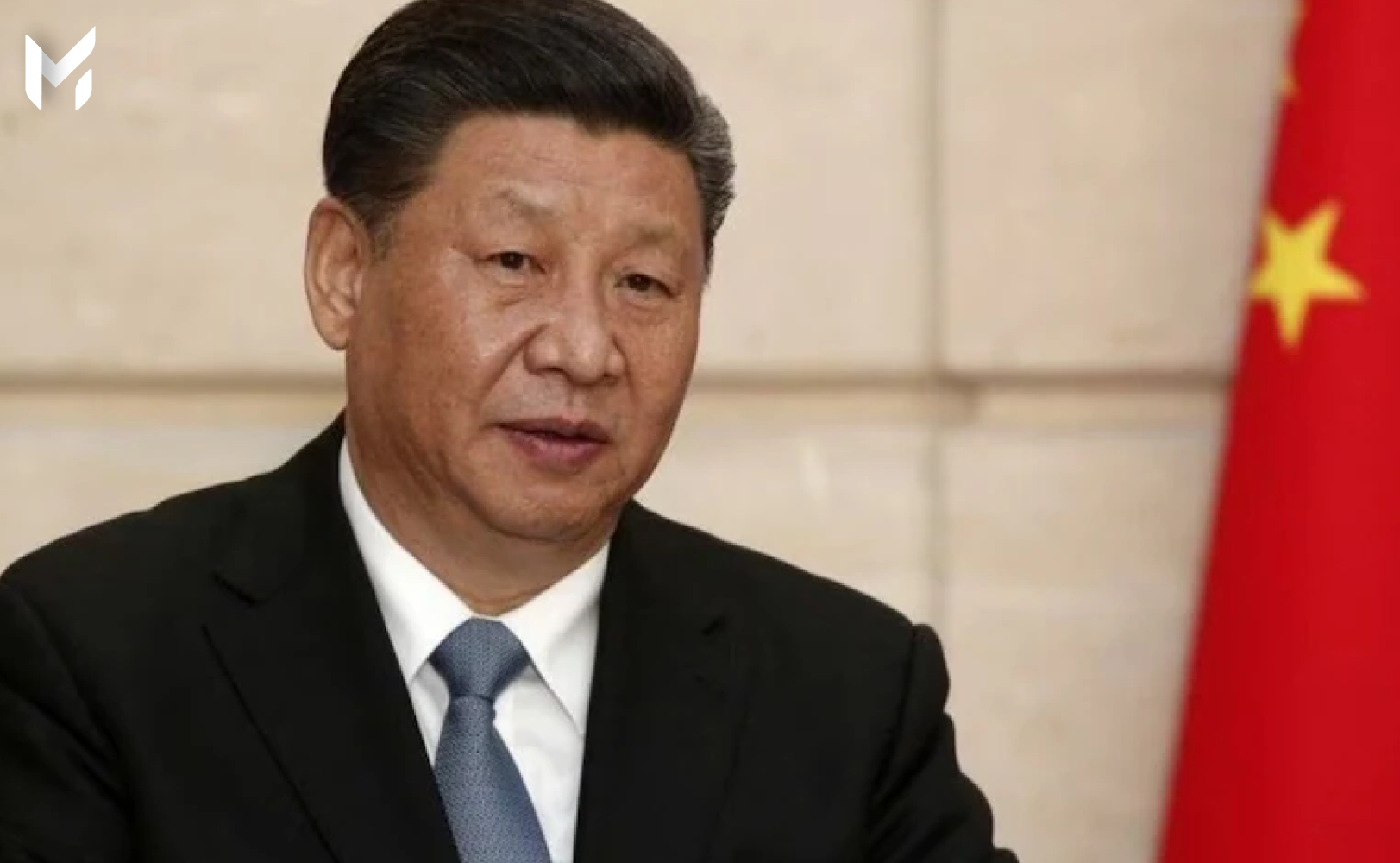
China has officially introduced a new visa category, the “K visa,” designed to attract young and highly skilled professionals worldwide, particularly in Science, Technology, Engineering, and Mathematics (STEM).
The policy, approved in August, will take effect on 1 October 2025 and revises China’s entry–exit regulations for foreigners.
Often described as the “Chinese version” of the US H-1B work visa, the K visa comes at a time when many countries are tightening their work-visa policies. The move is considered a strategic step to recruit top-tier talent, especially after the United States introduced a USD 100,000 annual fee for each H-1B application, unsettling Indian IT workers and service firms.
Seizing this opportunity, China has streamlined its process. The K visa is positioned as an alternative pathway for skilled professionals, particularly from South Asia, who may now consider China for work and research.
According to the Ministry of Justice, the K visa will be available to young science and technology talents who have graduated from leading universities or research institutions, in China or abroad, with at least a bachelor’s degree in a STEM field. It will also apply to young professionals employed as lecturers or researchers at such institutions.
Applicants will need to meet the criteria set by Chinese authorities and provide supporting documents, including proof of academic qualifications and professional or research experience. Full details of the requirements will be published through Chinese embassies and consulates.
Compared to the existing 12 standard visa categories, the K visa offers notable advantages:
Unlike most work visas, applicants will not need a sponsor or invitation from a Chinese company, making the process significantly easier.
Once in China, K visa holders will be permitted to participate in academic exchanges in education, culture, science, and technology, as well as entrepreneurial and business activities.
This policy is part of Beijing’s wider effort to make the country more open to international exchange and to strengthen its role in the global competition for talent.